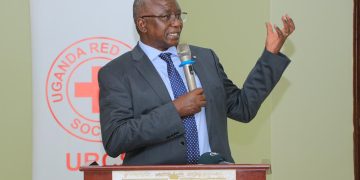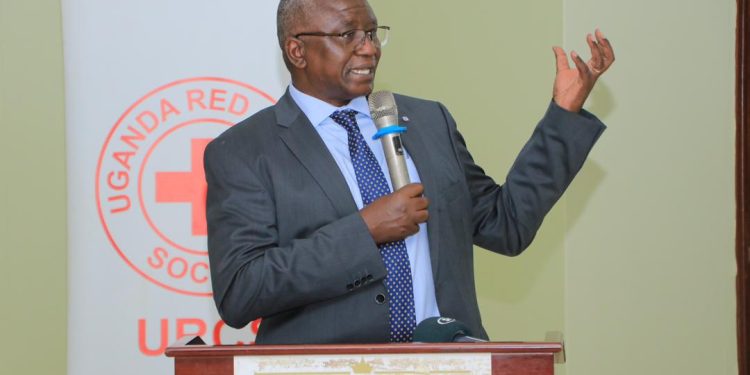Stakeholders in disaster risk management and mitigation have called for an anticipatory action in disaster risk management if the country is to manage the impacts caused by disasters.
Anticipatory action is a set of actions taken to prevent or mitigate potential disaster impacts prior to a shock or before acute impacts are felt. The actions are carried out in anticipation of a hazard impact and based on a production of how the event will unfold.
Robert Kwesiga, the Uganda Red Cross Society (URCS) Secretary General, says climate change is likely to change the magnitude, frequency, and timing of extreme events such as flooding, landslides, and storms, which will generate new disasters.
He cited a need for concerted efforts on how stakeholders can prepare communities and feed them with accurate information on disasters.
Kwesiga added that there is need to undertake early warning actions which also require climate and disaster risk actors to work together.
He asked for investments in early warning and early action systems that assure timely delivery of actionable warnings and an adequate positive response.
Kwesiga made the remarks at a stakeholder engagement with MPs, media and government on matters of Disaster Risk Reduction (DRR).
He asked MPs to increase funds meant for disaster mitigation and management, saying this, “enables access to humanitarian funding for early action based on in-depth forecast information and risks analysis.”
Meanwhile, Members of Parliament used the engagement to fault the central government for failing to implement policies and laws aimed at mitigating the effects of climate on the environment.
Hon Sarah Opendi, Tororo Woman MP, said the country has in the past come up with very wonderful policies but the implementation of these policies is lacking.











